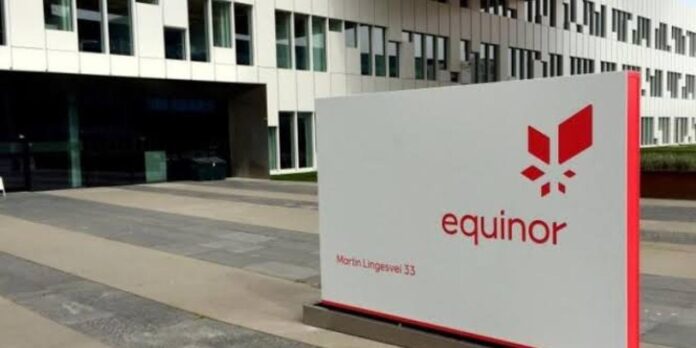Norwegian oil and gas giant Equinor has wrapped up its operations in Nigeria after 30 years.
The company finalized the sale of its assets in Nigeria and Azerbaijan for up to $2 billion.
This marks a major shift in Equinor’s international strategy.
In a statement, the company confirmed the divestments were completed in recent weeks.
The sales are expected to boost Equinor’s cash flow in the fourth quarter of 2024.
“This move allows us to focus investments where we can add the most value,” Equinor said.
The company plans to deepen operations in Brazil, the United Kingdom, and the United States.
It aims to increase international output by 100,000 barrels of oil equivalent per day (boed) by 2030.
Agbami Stake Sold to Chappal Energies
In Nigeria, Equinor sold its 20.21% stake in the Agbami oil field to Chappal Energies.
The deal is worth up to $1.2 billion, including $710 million in cash.
Additional payments depend on market prices and other factors.
The Agbami field, operated by Chevron, is one of Nigeria’s largest offshore oil projects.
Equinor’s departure marks a significant change in Nigeria’s energy landscape.
“This sale reflects our strategy to streamline and strengthen our portfolio,” the company stated.
Chappal Energies, a Nigerian firm, is expected to play a bigger role in the country’s oil sector.
Industry analysts believe this could boost local involvement in offshore projects.
Azerbaijan Assets Also Sold
Equinor also sold its stakes in Azerbaijan’s oil fields and infrastructure.
These include a 7.27% stake in the Azeri Chirag Gunashli (ACG) field.
It also divested an 8.71% stake in the Baku-Tbilisi-Ceyhan (BTC) oil pipeline.
Additionally, Equinor sold a 50% stake in the Karabagh project.
These assets were sold to Azerbaijan’s SOCAR and India’s ONGC for $745 million.
Equinor had been a key player in Azerbaijan’s oil sector for decades.
Its exit signals a focus on other regions with higher growth potential.
Declining Nigerian Output
Equinor’s production in Nigeria had declined in recent years.
In the first three quarters of 2024, the company produced 17,700 boed in Nigeria.
This is significantly less than its output in other regions like Brazil and the US.
Experts say this decline could have influenced Equinor’s decision to exit.
“It’s about optimizing resources and focusing on profitable markets,” an industry insider said.
Strategic Shift to Growth Markets
Equinor’s exit is part of a broader strategy to reallocate investments.
The company aims to capitalize on new fields in Brazil, the UK, and the US.
These markets offer higher returns and align with Equinor’s long-term goals.
“This is a clear pivot to markets where Equinor sees the most opportunity,” an analyst observed.
The company’s plan to increase production by 100,000 boed underscores this shift.
Brazil, in particular, is emerging as a key focus for Equinor’s expansion.
Local Impact and Reactions
Equinor’s departure from Nigeria raises questions about foreign investment in the country.
The sale of the Agbami stake could open doors for local companies like Chappal Energies.
“This is a chance for Nigerian firms to take a larger role in the oil industry,” a market observer noted.
However, some fear that reduced foreign presence could impact technological advancements.
Equinor’s contributions to Nigeria’s oil sector include innovation and expertise.
“Losing a major player like Equinor is a mixed blessing,” an energy consultant said.

